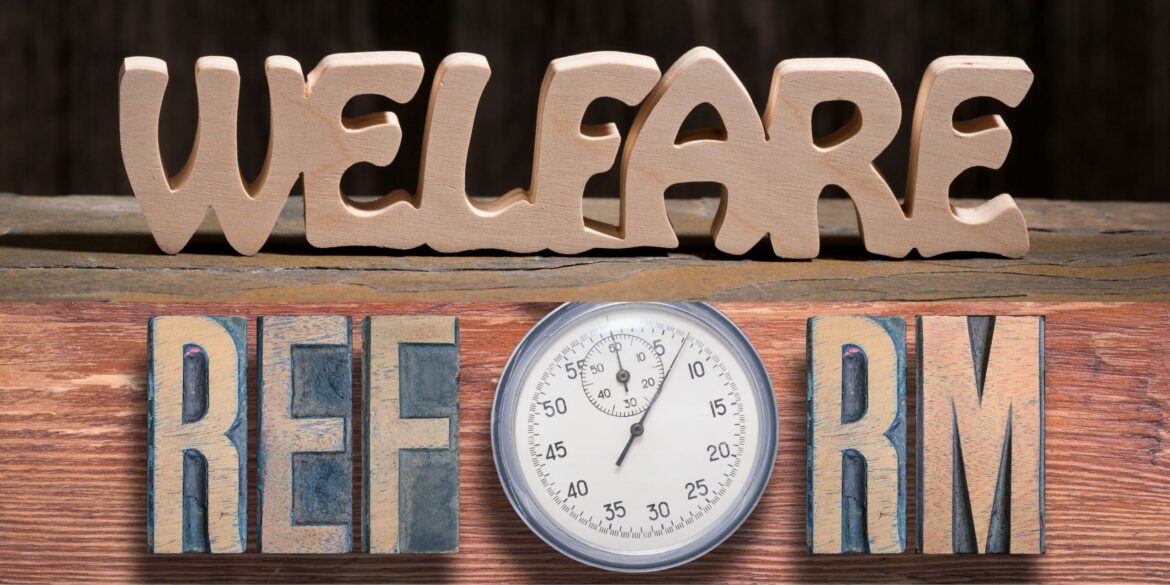Tallahassee, FL, USA – On December 15, 2022, Florida Republican lawmakers introduced a new welfare reform bill, focusing on expanding work requirements for those receiving state assistance. The bill, which is seen as a continuation of the state’s ongoing effort to reduce dependency on government aid, requires able-bodied adults receiving public assistance to work at least 30 hours per week, either in employment or through a state-approved work program.
Governor Ron DeSantis, a vocal advocate for reducing government dependency, expressed his strong support for the bill, calling it an important step toward encouraging self-sufficiency. “Our focus is on ensuring that every Floridian has the opportunity to stand on their own two feet,” DeSantis said during a press conference. He emphasized that the proposal is designed not only to reduce dependency on welfare but to encourage work, job training, and the economic mobility of Florida’s residents.
The bill also proposes stricter eligibility criteria for individuals who receive Medicaid benefits, including requiring them to demonstrate consistent employment or participation in job training programs. Proponents of the bill argue that the new measures would motivate individuals to seek employment and contribute to a stronger economy, ultimately leading to reduced state spending on welfare programs in the long term.
However, the bill has faced substantial opposition from social welfare advocates and liberal lawmakers. State Senator Lauren Book, a leading Democratic figure, criticized the proposal, arguing that the new requirements could disproportionately affect vulnerable populations, particularly single mothers, disabled individuals, and people living in areas with limited job opportunities. “This bill is not about helping people. It’s about penalizing them for circumstances beyond their control,” Book stated, expressing concerns that the bill could lead to an increase in poverty and homelessness.
According to a recent poll conducted by the Florida Chamber of Commerce, 60% of Floridians supported the proposed welfare reforms, citing a belief that work requirements would promote personal responsibility and reduce long-term dependence on state assistance. However, 34% of respondents expressed concern that the new requirements could harm those who are already struggling to find steady work due to systemic issues such as lack of affordable housing and healthcare.
As the bill moves through the legislative process, it is expected to spark continued debate over the balance between promoting self-sufficiency and ensuring adequate support for Florida’s most vulnerable populations. With Republican leaders steadfast in their belief that the reforms will help Floridians become more independent, the upcoming votes on the measure will likely be a critical moment in the state’s policy direction.

